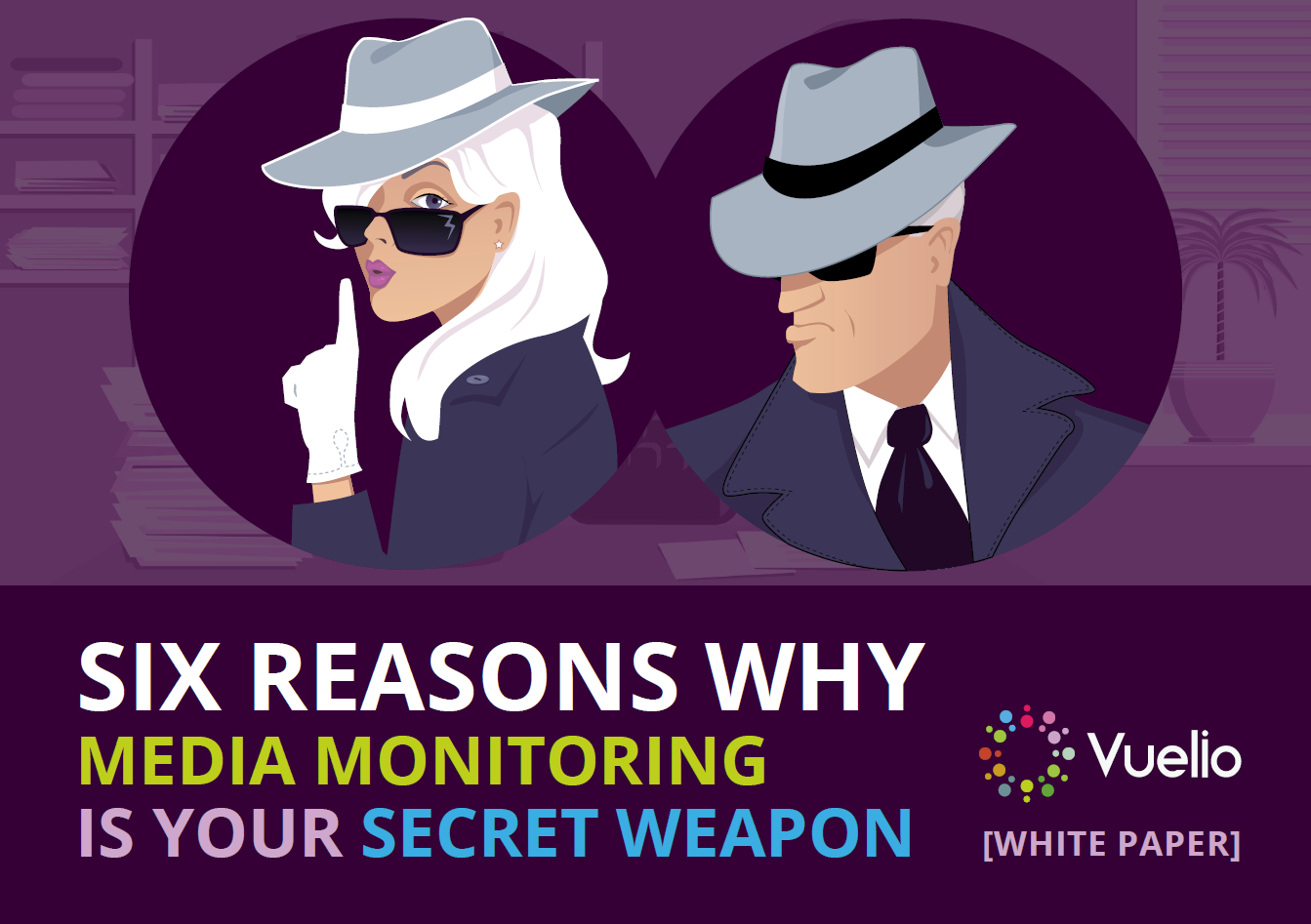PR professionals not reading papers before pitching according to journalists
PR pros are failing at their jobs according to journalists because they are not spending enough time reading the papers before making their pitches.
In a survey examining the relationship between journalists and PR professionals (hacks and flacks) conducted by PR Week, nearly 50% of journalists questioned couldn’t agree with a statement that said that PRs were good at their jobs.
The general opinion was that PRs were not investing enough time into reading newspapers and magazines before pitching to them and as a result, much of their communication was deemed irrelevant or spammy.
One journalist who took part in the survey said: “I receive a fair amount of calls from PRs who have no idea what the magazine and website I work on are about.”
This should be of concern to everyone in the PR industry. If journalists view half of all PR communications as unprofessional – it threatens to tarnish the entire industry. How many bad PR pitches does a journalist need to receive before they just start ignoring them all?
The real tragedy is that delivering targeted pitches isn’t rocket science – its simple best practice which should be hammered into every junior PR from day one.
Untargeted communications waste everyone’s time – and in an industry where time is (client’s) money – we cannot be so reckless. Ultimately, I would question any PR’s professional reputation if they didn’t include a little-targeted reading time into their working day.
How Professional Are Journalists?
While the survey suggested that PR pros considered their colleagues in journalism in a more kindly light, many expressed their concern at how budget cuts in the industry were impacting on the quality of journalism (particularly in local and regional titles).
One PR pro surveyed said: “Budget cuts in local media mean there are more unqualified reporters churning out inaccurate copy than there should be on ‘the home patch’”
PR Week is promising to reveal further results suggesting how the two professions view each other. Watch this space.



 Are you doing all you can with media monitoring?
Are you doing all you can with media monitoring?

